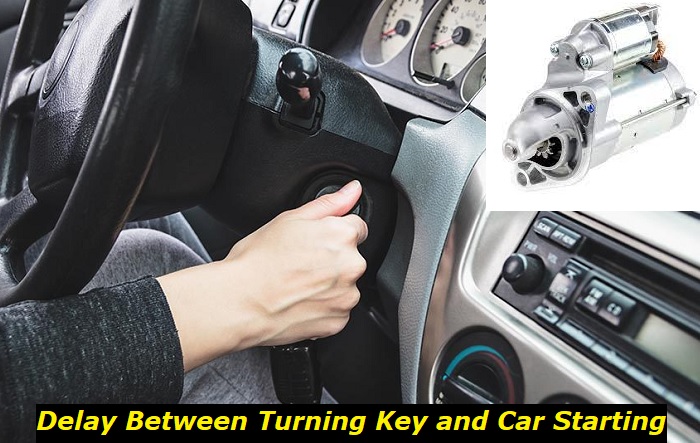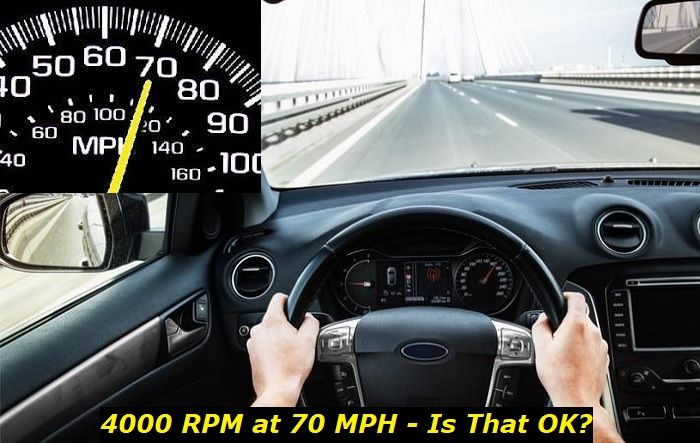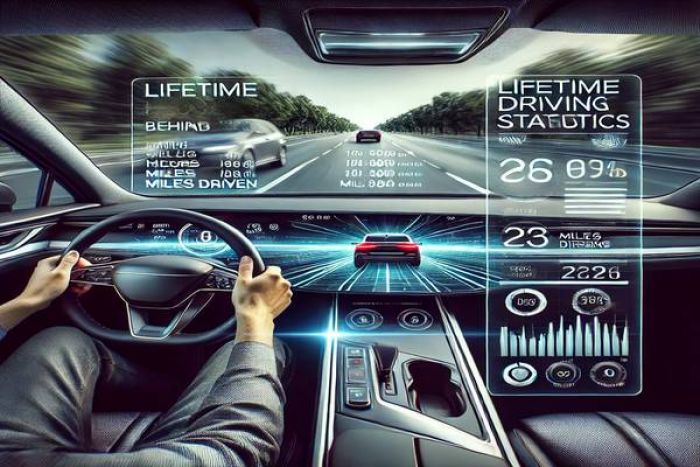You get used to your car immediately reacting to any action on your side. You press the gas pedal and the vehicle revs up and accelerates. You press the bakes, and the car immediately comes to a stop. This works with the ignition key - you turn it and the engine starts without any hesitation or delay. But what if it delays before reacting to your actions?
If there is a delay between turning the key and the car starting, the problem may be in a weak 12V battery, faulty starter motor, or issues with wiring and connections. But sometimes, it can be just the way the car behaves. You should remember how it started before. If something changes in its behavior, it's worth taking the car in for an inspection.

Here's what I will cover in this article:
- Symptoms of an unpleasant delay of starter cranking.
- What are the common reasons for such a delay?
- What can you do to try and solve the problem?
- Can you still drive if your car has this issue?
Let's get started!
Common symptoms of cranking delay
I want to note here that I won't describe the situations when your starter cranks for a long time and only then starts a car. This article is about the delay between turning the key and the moment when the engine starts cranking. This will also work with cars that have push-button engine start systems. The delay between pressing the button and the engine cranking shouldn't be too long.
If you are an experienced driver, you almost certainly were in this situation. You turn the key and expect to hear the short cranking noise and then the engine starting. But instead, you hear just nothing. After a short awkward delay, the engine starts cranking and it's eventually started. But you are left with your dark thoughts which led you directly to this page.
Here's what happens:
- everything seems to be as usual, the car unlocks, you see the dash lights going on when you turn on the ignition;
- then, you turn the key to its final position or press the engine start button;
- for about 1-2 seconds, you don't get what you expect, the engine is not cranking;
- then, the engine starts cranking and may be doing it pretty weirdly, not as always;
- after that, the engine starts and the car seems to work just as it should;
- the next time, you may start the engine without any problems or experience this delay once again.
For some drivers, this is a very disturbing factor because they get worried every time something is not happening the way they expect it to happen. But some other drivers won't care and will keep driving.
I strongly recommend addressing this issue and not ignoring it because it may lead to issues with your next try to start the engine. In some cases, it will not start because the car may not have enough power to crank the engine. Or something may get stuck in the starter motor and leave you stranded. So, let's see what can lead to this unpleasant symptom.
Common reasons for a delay when turning the car key
If you experience the symptoms described above, you should check the vehicle for one of the following possible reasons. This will help you find the actual culprit and quickly repair the car. Sometimes, you will still need professional help to diagnose and repair the vehicle. I don't recommend using any DIY repair methods unless you know what you are doing. One wrong movement may bring you even more problems with the car.
So, here are the possible reasons for the delay when turning the key in the ignition:
1. Low 12V battery
This is the most obvious and common culprit. The low battery won't have enough power to easily crank the engine, so for some time, the starter will get stuck and the battery will drop its voltage to try and start the engine. If the degrading process has just started, several times you will be able to start the engine with the low battery.
But the alternator will not have enough time to charge the battery till the next time you turn off the engine. So, every following engine start will be more complicated. Eventually, the engine will not crank at all and the battery will be completely degraded.
It's important to understand the moment when the battery is weak and try everything to keep the battery working and prevent it from degrading. Later, I will tell you how to do that.
2. Starter motor problems
It's not uncommon for high-mileage cars to develop starter motor problems. This unit is not eternal and is going to require some maintenance and repair. The starter motor is an electric motor that is powered by the battery and is connected to the engine flywheel. When it rotates the flywheel, the engine can start and then the starter motor is disconnected.
But if something is wrong and the starter motor is affected by some mechanical damage or water, it may stop working or may start functioning in a different way. It means that you may experience all kinds of different issues including delays.
3. Bendix problems
The bendix is a small attachment to the starter that physically connects it to the flywheel of the engine. This is the gear that transmits the torque from the starter motor to the engine. The gear may go bad after some time and its teeth may change their shape. This may lead to issues when the bendix can get stuck with the flywheel. To move it, in such a case, you will require more power.
In this case, the battery may take some time to get the voltage down and eventually find the needed power to rotate the starter. Replacing the bendix is not as expensive and complicated as replacing or repairing the starter.
4. Wiring or connection issues
It's not uncommon for older vehicles or cars with high mileage to develop problems with wiring and connections. They may occur anywhere in your car. For example, the ignition cylinder has hundreds of electrical connections and each of them may fail. Also, the wiring of the starter motor may go bad or lose some connections because of corrosion, water damage, etc.
Unfortunately, you aren't likely to be able to diagnose the vehicle unless you are a professional car mechanic. For this, you will need expensive equipment and a lot of knowledge of how things work in the electrical system of your vehicle.
What can you try when there is a delay in the engine starting?
If there is a delay in starting your engine, you may want to start with the battery and then move on to check other problems that you can check on your own. If you can't locate the issue, it's a good idea to go to an experienced car mechanic or arrange your visit to the dealership.
Here's what you should try:
1) Check the battery
You may just replace the battery with the new one and see if it helps. Also, you may try charging the old battery and checking it with the multimeter under the load.
2) Replace the battery
If you understand that the battery is the culprit, you may need to buy a new one. Just replace the battery and see if you need a certain reset or reprogramming.
3) Have your car inspected
If the battery is not the culprit and the problems keep on showing up, go to a good car mechanic and have your vehicle inspected. This will help you understand the problem much better and find the best way to fix it.
Can you drive if you experience a delay when starting the car?
You can drive when the vehicle is started. Also, it's not recommended to turn off the vehicle too soon after that because the alternator will try and give some charge to the weak battery. So, if you are going to stop near a supermarket, you better find a way and leave the car idling because it just may not start the next time.
Also, it's recommended to plan your route in such a way that you stop the engine at home or in the repair shop where you can inspect the vehicle and find the actual reason for this delay.
But once the engine is started and works well, you may drive - there is no limitation for this. Just remember that if you turn the engine off now, it's not clear if you can start it once again after some time. So, be careful with this.
Final thoughts
Pay attention to the behavior of your engine. If it malfunctions or acts weirdly, it's time to go and have it inspected. Professional mechanics will quickly diagnose the problem and tell you about the possible ways to fix the issue.
Unfortunately, hesitation when turning the ignition key may not be that easy to solve. If the problem is not in the weak battery, it may be quite hard to locate and solve. And it may also cost you more money than you expect to spend.
About the authors
The CarAraC research team is composed of seasoned auto mechanics and automotive industry professionals, including individuals with advanced degrees and certifications in their field. Our team members boast prestigious credentials, reflecting their extensive knowledge and skills. These qualifications include: IMI: Institute of the Motor Industry, ASE-Certified Master Automobile Technicians; Coventry University, Graduate of MA in Automotive Journalism; Politecnico di Torino, Italy, MS Automotive Engineering; Ss. Cyril and Methodius University in Skopje, Mechanical University in Skopje; TOC Automotive College; DHA Suffa University, Department of Mechanical Engineering






Add comment